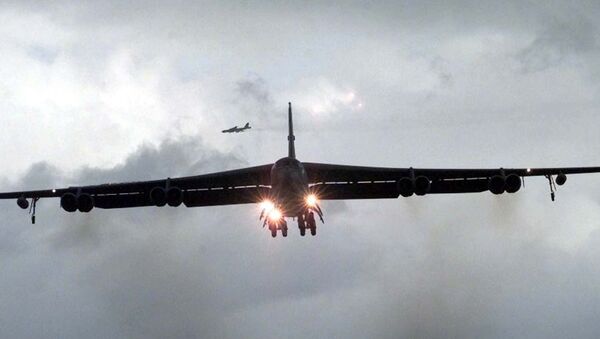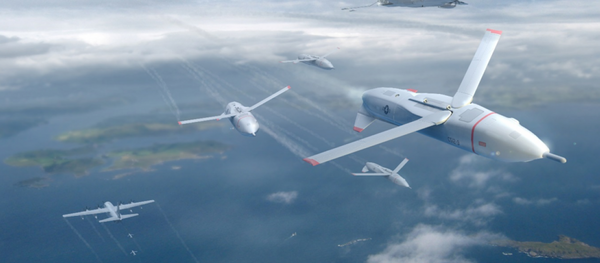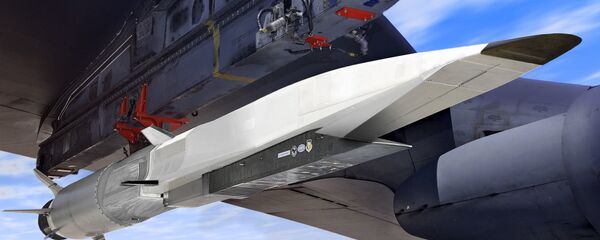Without the LRSO, "you don’t have the B-52 as a viable platform," Hyten said.
When asked by Hudson Institute Senior Fellow Rebeccah L. Heinrichs whether the LRSO is a weapon the US military truly needs for nuclear deterrence, Hyten said there was a “million reasons” for the program, most of which are classified.
"But in an unclassified forum, let me just point out some really obvious things," the commander began. “Is the B-52 going to be a nuclear capable bomber – 10, 20 years from now? It’s part of our strategy. We expect the B-52 to last into the 2050s and we expect it to be a nuclear-capable platform.”
The air-launched cruise missile (ALCM) the bomber has right now, officially designated the AGM-86B ALCM, is "ancient," "difficult to maintain," and "almost impossible to fly," the general said.
"Believe it or not in the last 40 years – I don’t know if anybody’s watched – but the threat has changed in the last 40 years,” he said. The ALCM was built for the "Soviet threat," and that’s not the weapon STRATCOM "needs today," Hyten added.
DoDBuzz reported August 23 that the LRSO can be launched from the Stratofortress, the B-2 Spirit, and the secret B-21 Long-Range Strike Bomber. The B-1B Lancer, though, will never carry the LRSO since the supersonic plane is prohibited from carrying nukes as per the 2010 New START.
Lockheed Martin and Raytheon won a joint bid in August to begin preliminary design and concept development for the LRSO. The contract, valued at $900 million, is aimed at modernizing the aerial component of the US nuclear triad.
Vladimir Korovin, expert at the Moscow State Institute of International Relations’ Center for Military and Political Studies, explained to RIA Novosti August 25 that “these missiles will be dangerous when they are mass launched, that is, in one massive blow. It's one thing when a [B-1B] strategic bomber carries 12 nuclear cruise missiles, or a B-52 carries 24. It's another thing when they start carrying 40."
Thus, the Russian military will have to "work against each individual plane with much greater efficiency, which significantly complicates the task of air defense," Korovin noted, adding that "for Russian air defense it is, in principle, the task to be accomplished."




